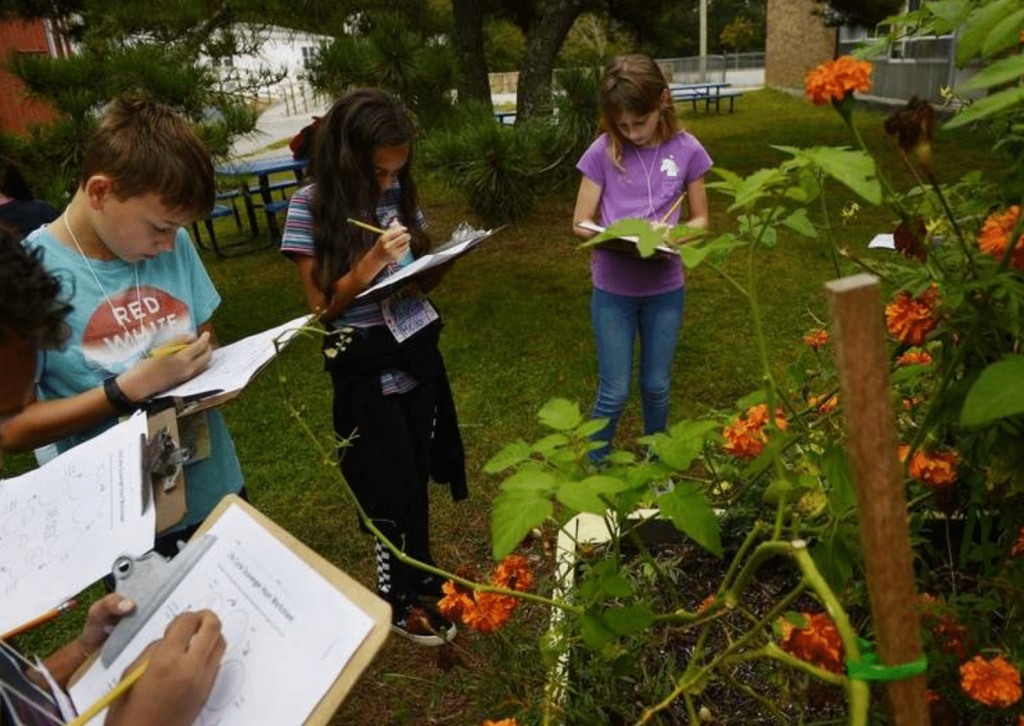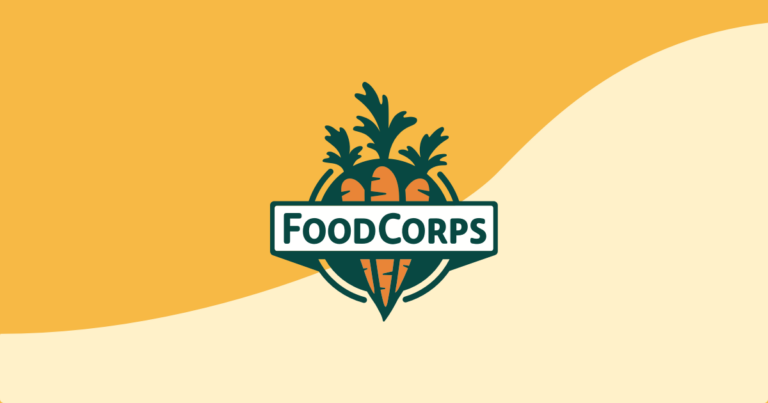Groton Awarded Federal Grant to Expand Farm-to-School Program
Groton’s farm to school program teaches kids where their food comes from, ways they can cook and eat it, and what the food does for their bodies.
Groton’s farm to school program teaches kids where their food comes from, ways they can cook and eat it, and what the food does for their bodies.

By Kimberly Drelich for The Day
With clipboards and pencils, fourth-graders fanned out across the garden outside Charles Barnum Elementary School on Tuesday to look for stages of the plant life cycle.
As they excitedly searched the garden, entirely planted by students, they found everything from marigold seeds to an eggplant at the fruit stage.
The students are learning about growing vegetables and the nutritional value of local produce through the school district’s farm-to-school program.
The program will now continue and expand through a two-year $100,000 grant awarded by the U.S. Department of Agriculture. U.S. Rep. Joe Courtney, who supported the grant, visited Groton on Tuesday to get a first-hand look at the farm-to-school activities and talk with district staff and students. …
Four years ago, Groton began partnering with FoodCorps, an affiliate of volunteer organization AmeriCorps that partners with school districts on farm-to-school initiatives. With families sending their kids to Groton Public Schools for two out of three meals a day, Koschmieder said his team goes above and beyond to make sure that nutrition is a top priority and to buy fresh produce from local farms, such as Whittle’s Willow Spring Farm in Mystic and Hunts Brook Farm in Quaker Hill.
Emma Rotner, former FoodCorps service member who was hired as the school district’s farm-to-school coordinator, said the program teaches kids where their food comes from, ways they can cook and eat the food, and what the food does for their bodies when they eat it.
By getting kids outside and planting seeds in the garden, they take ownership of it and want to sample the fruits of their labor.
“They want to take care of it, they want to watch it grow, and, then at the end, want to eat it, so it is really impactful for them to be part of that whole process,” she said, especially when they also do a cooking lesson.
Students also participate in lessons in the classroom and garden about food and “taste test” new foods in the cafeteria.
Charles Barnum student Lillian — school officials preferred to identify students by first names only — said it’s a fun to explore out in nature and have the garden at their school. The 9-year-old said whenever she walks by the garden, she always takes a peek to see how all the plants have grown.
She said she has eaten kale and nasturtium, an orange edible flower, from the garden.
“I really like how fresh they are,” Lillian said. “It’s not just like from the grocery store and probably has been sitting there for two and a half days.”

FoodCorps in the News: 2024

FoodCorps’ Statement on the 2024 Election

FoodCorps Welcomes Rachel Willis as Interim President